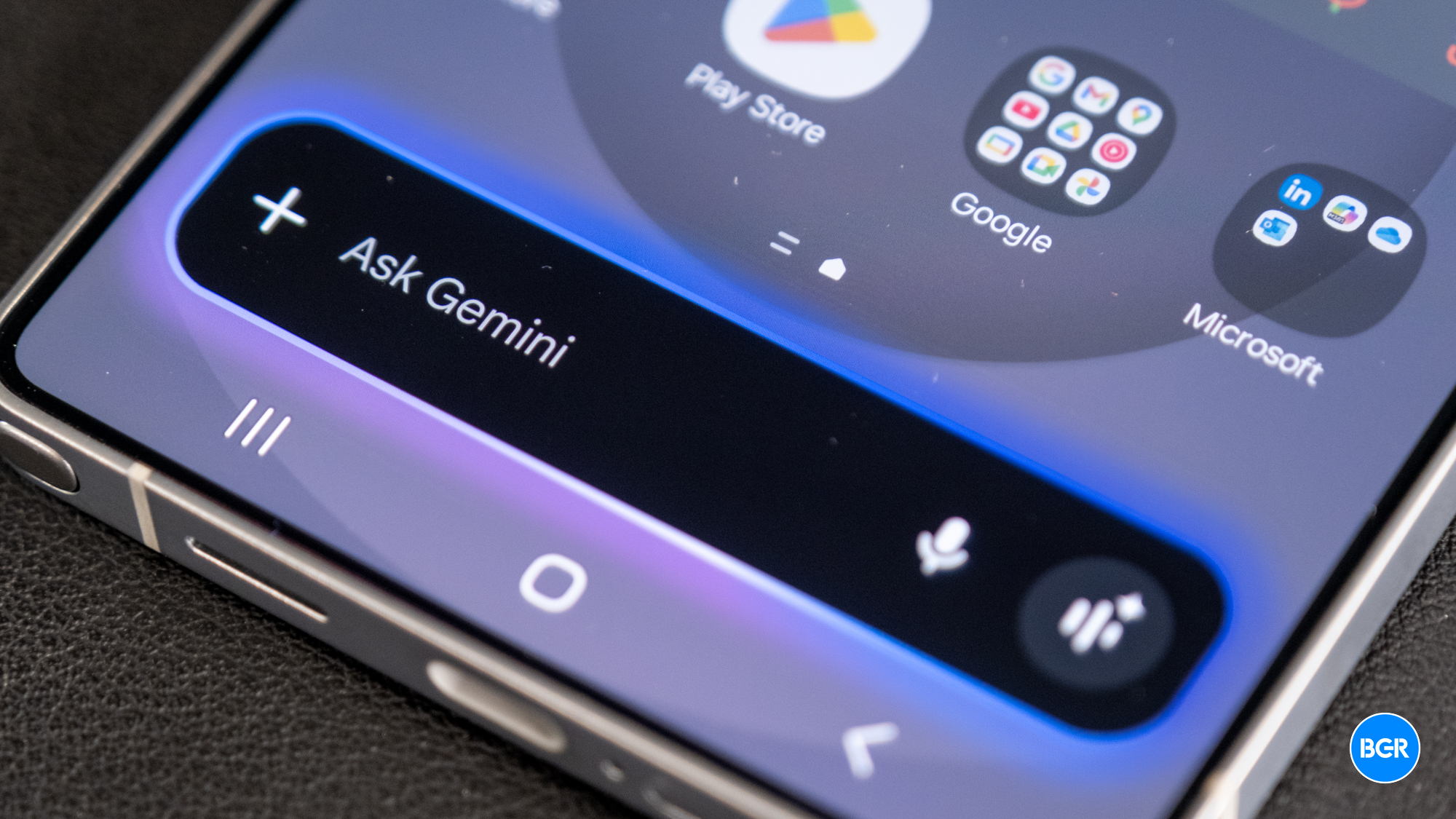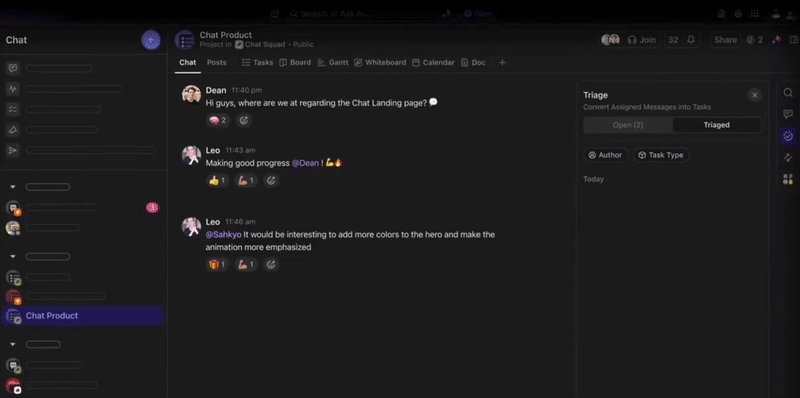A number of AMD firmware/microcode updates were upstreamed today to the linux-firmware.git repository, including introducing the AMD Instinct MI350 series files that are necessary for the open-source Linux compute driver stack to function for those newly-announced Instinct accelerators.
This merge just hit linux-firmware.git a few minutes ago for updating many AMDGPU microcode files of existing Radeon GPUs as well as Instinct accelerators — most notable being the inclusion of the AMD Instinct MI350 series microcode files. There are microcode updates going back to Vega 10 and Vega 20 as well as all RDNA / Navi GPUs seeing new binaries as well as various other GPUs and CDNA-based Instinct.
Nothing too exciting from those updates that I can tell without any change-log but is typically just small bug fixes that are pulled in with these microcode files from the Radeon Software driver releases. There are some new IP discovery binaries included for Vega 10 / Vega 12 / Vega 20, Raven / Raven2, Picasso, Aldebaran, and Arcturus included with this Git merge. That is for the IP block based versioning and enumeration of the driver support compared to the former monolithic enablement. The background there covered in prior articles like AMD Quietly Working On New Linux GPU Driver Support Block By Block. Newer AMD GPUs/accelerators are already on that IP-based discovery/enumeration while they seem to be bringing it to older GPUs too.
But what is notable is now adding in the microcode files needed for the open-source AMDGPU/AMDKFD kernel driver stack to initialize the new AMD Instinct MI350X and MI355X accelerators. The “GC_9_5_0” binaries are now public for the first time and related IP blocks for the Instinct MI350 series.
This upstreaming was expected and covered in more detail via last week’s AMD Announces Instinct MI350X & MI355X With Fully Upstream Open-Source Linux Support. Now for the AMD Instinct MI350 series firmware to work its way into updated linux-firmware packages on the different Linux distributions so then there is nice out-of-the-box support on modern Linux distributions when paired with Linux 6.14+ and using ROCm 7.0 packages.










